February 4 stands as one of history’s most eventful days, witnessing the rise and fall of empires, groundbreaking discoveries, and moments that shaped our modern world across centuries of human achievement.
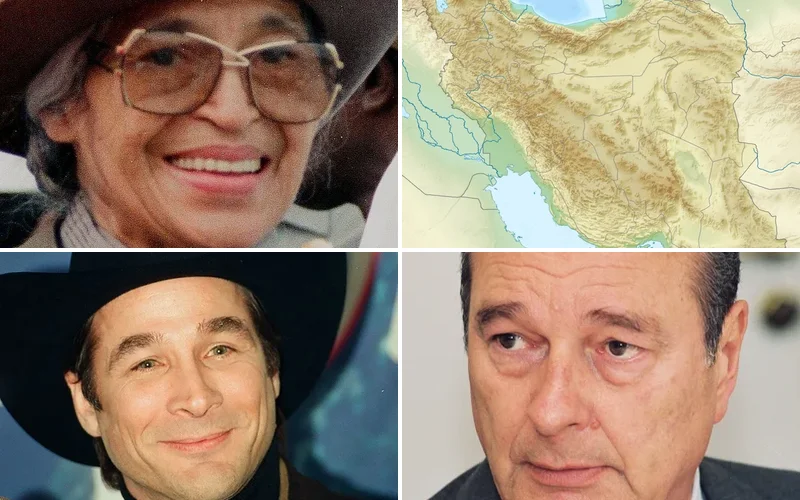
Politics and Government Events on February 4
1945 – Yalta Conference Opens Between Allied Leaders

The “Big Three” Allied leaders Churchill, Roosevelt, and Stalin convened at the Livadia Palace in Crimea to shape the post-war world order. Their discussions would determine the fate of millions across Europe and Asia.
The conference established crucial agreements on occupation zones, reparations, and the creation of the United Nations. These decisions fundamentally altered the global political landscape for decades to come.
1948 – Ceylon Gains Independence Within British Commonwealth
Ceylon officially became an independent nation while maintaining its Commonwealth membership on this historic date. The peaceful transition marked the end of British colonial rule over the island nation.
The newly independent country would later rename itself Sri Lanka in 1972. This independence served as a model for other British colonies seeking peaceful transitions to self-governance.
1961 – Angolan War of Independence Begins
Armed resistance against Portuguese colonial rule erupted in Angola, launching a brutal conflict that would span over a decade. The uprising marked the beginning of the broader Portuguese Colonial War across Africa.
Multiple liberation movements emerged to challenge centuries of Portuguese domination. The war would eventually contribute to Portugal’s own political transformation and the end of its colonial empire.
1976 – Guatemala and Honduras Earthquake Kills Over 22,000
A devastating earthquake struck Central America, causing catastrophic damage across Guatemala and Honduras. The disaster highlighted the region’s vulnerability to natural catastrophes and inadequate building standards.
International relief efforts mobilized quickly to provide emergency aid to survivors. The tragedy prompted significant improvements in earthquake preparedness and building codes throughout Central America.
1992 – Hugo Chávez Leads Venezuelan Coup Attempt
Lieutenant Colonel Hugo Chávez orchestrated a failed military coup against President Carlos Andrés Pérez in Venezuela. The unsuccessful attempt catapulted Chávez into national prominence and political martyrdom.
Though the coup failed, it set the stage for Chávez’s eventual rise to power through democratic elections. This event fundamentally altered Venezuelan politics and would have lasting regional implications.
2003 – Yugoslavia Adopts New Constitution
The Federal Republic of Yugoslavia transformed into a loose confederacy between Serbia and Montenegro through constitutional reform. This restructuring represented the final attempt to preserve some form of Yugoslav unity.
The new arrangement granted significant autonomy to both republics while maintaining federal structures. However, Montenegro would ultimately vote for complete independence just three years later.
Military and Naval History on February 4
1932 – Harbin Falls to Japanese Forces
Japanese military forces captured the strategic Manchurian city of Harbin during the Second Sino-Japanese War. This victory consolidated Japanese control over northeastern China and demonstrated their military superiority.
The occupation of Harbin provided Japan with crucial railway connections and industrial resources. This territorial expansion foreshadowed the broader Pacific conflict that would engulf the region.
1938 – Hitler Assumes Control of Armed Forces

Adolf Hitler appointed himself as supreme commander of the German Armed Forces High Command, consolidating military power under Nazi control. This decision eliminated the last vestiges of independent military leadership in Germany.
The appointment removed traditional Prussian military officers from key positions and replaced them with Nazi loyalists. Hitler’s direct control over military strategy would prove catastrophic for German war efforts.
1945 – Santo Tomas Internment Camp Liberated
Allied forces liberated the Santo Tomas Internment Camp in Manila, freeing thousands of civilian prisoners held by Japanese forces. The liberation revealed the harsh conditions and systematic mistreatment endured by internees.
Many prisoners suffered from malnutrition and disease after years of captivity under brutal conditions. The camp’s liberation marked a significant milestone in the Philippines’ liberation from Japanese occupation.
1945 – Battle of Pokoku and Irrawaddy Operations Begin
British Indian Army forces launched major offensive operations against Japanese positions along the Irrawaddy River in Burma. These coordinated attacks aimed to break Japanese defensive lines and recapture strategic territory.
The operations represented the largest Allied offensive in the Burma theater during this period. Success in these battles would open the path to Rangoon and complete Burma’s liberation.
1974 – IRA Bomb Kills Twelve in Yorkshire
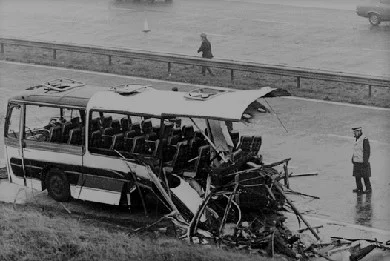
The Provisional Irish Republican Army detonated a bomb on a bus carrying off-duty British soldiers in Yorkshire, killing nine military personnel and three civilians. This attack marked an escalation in IRA operations targeting military personnel.
The bombing shocked the British public and intensified security measures across the country. The incident demonstrated the IRA’s ability to strike targets far from Northern Ireland’s borders.
Science and Discovery Milestones on February 4
1967 – Lunar Orbiter 3 Launches for Moon Mission
NASA’s Lunar Orbiter 3 spacecraft lifted off from Cape Canaveral to photograph potential landing sites for future Apollo missions. The mission represented a crucial step in America’s race to land astronauts on the Moon.
The spacecraft would capture detailed images of lunar terrain and identify safe landing zones for manned missions. These photographs proved instrumental in selecting the Sea of Tranquility for Apollo 11’s historic landing.
1975 – Haicheng Earthquake Prediction Saves Lives
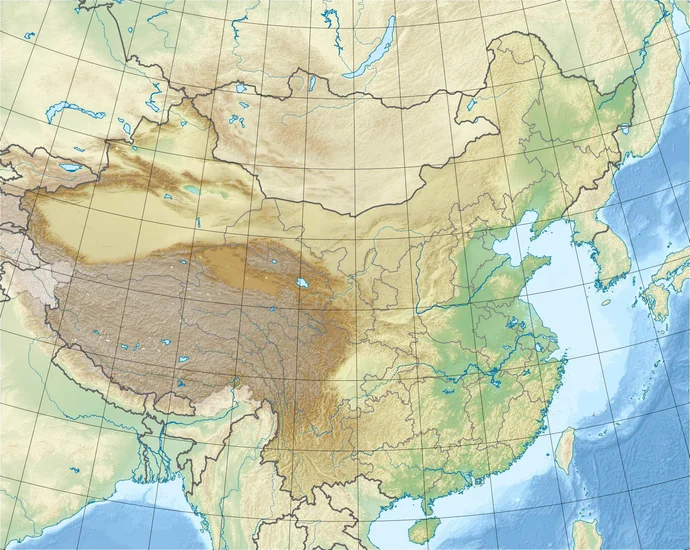
A magnitude 7.3 earthquake struck Haicheng, China, but advance warning based on scientific predictions dramatically reduced casualties. Chinese seismologists had successfully predicted the quake and ordered mass evacuations.
This marked the first successful prediction of a major earthquake in modern history. The achievement demonstrated the potential for scientific earthquake forecasting to save thousands of lives.
1997 – Bojnurd Earthquake Strikes Iran
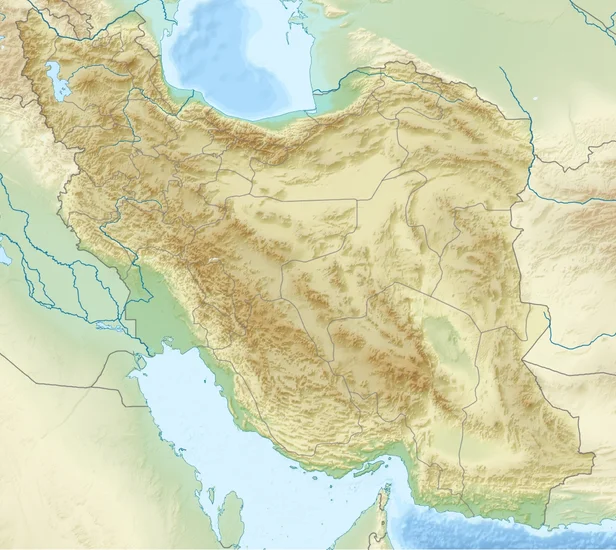
A powerful 6.5 magnitude earthquake devastated the Bojnurd region of Iran, killing at least 88 people and damaging 173 villages. The disaster highlighted Iran’s vulnerability to seismic activity along major fault lines.
International relief organizations mobilized quickly to provide emergency assistance to affected communities. The earthquake prompted improvements in building codes and emergency preparedness across the region.
1998 – Afghanistan Earthquake Kills Over 2,000
A devastating 5.9 magnitude earthquake struck Afghanistan’s Takhar Province, causing extreme damage and killing 2,323 people. The disaster overwhelmed the country’s limited emergency response capabilities during ongoing civil conflict.
International humanitarian organizations struggled to provide aid due to security concerns and political instability. The tragedy highlighted Afghanistan’s vulnerability to natural disasters amid persistent warfare.
Cultural and Arts Events on February 4
1941 – United Service Organization Founded
The United Service Organization (USO) was established to provide entertainment and morale support for American military personnel during World War II. The organization brought celebrity performers and recreational activities to troops worldwide.
Famous entertainers like Bob Hope and Marilyn Monroe would perform for soldiers in combat zones and military bases. The USO became synonymous with patriotic entertainment and civilian support for the military.
1974 – Symbionese Liberation Army Kidnaps Patty Hearst
The radical Symbionese Liberation Army abducted newspaper heiress Patty Hearst from her Berkeley apartment, shocking the nation. The kidnapping evolved into one of America’s most bizarre criminal cases when Hearst apparently joined her captors.
The case captivated media attention and raised questions about Stockholm syndrome and political radicalism. Hearst’s subsequent trial and conviction sparked intense debate about victimization and criminal responsibility.
2004 – Facebook Founded by Mark Zuckerberg
Harvard student Mark Zuckerberg launched Facebook from his dormitory room, initially connecting college students across university campuses. The social networking platform would revolutionize digital communication and reshape global society.
Facebook’s rapid expansion transformed how people connect, share information, and conduct business worldwide. The platform’s influence extended far beyond social networking to impact politics, commerce, and personal relationships.
2008 – Colombian Mobilization Against FARC
Millions of Colombians participated in nationwide demonstrations against the Revolutionary Armed Forces of Colombia (FARC) under the slogan “A million voices against FARC.” The massive protests demonstrated public rejection of guerrilla violence and terrorism.
The demonstrations represented one of the largest peace movements in Colombian history. The mobilization helped shift public opinion and contributed to eventual peace negotiations with rebel groups.
Religious and Social Events on February 4
1999 – Amadou Diallo Shooting Sparks Racial Tensions
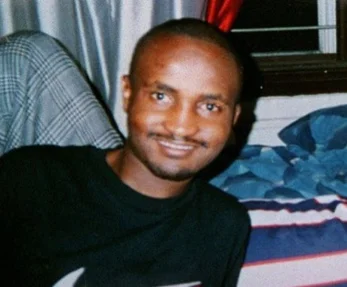
Four plainclothes New York City police officers shot and killed unarmed West African immigrant Amadou Diallo 41 times outside his Bronx apartment. The shooting inflamed racial tensions and sparked massive protests against police brutality.
The incident highlighted issues of racial profiling and excessive force in American law enforcement. The case became a rallying point for civil rights activists and police reform advocates nationwide.
2000 – World Cancer Day Charter Signed
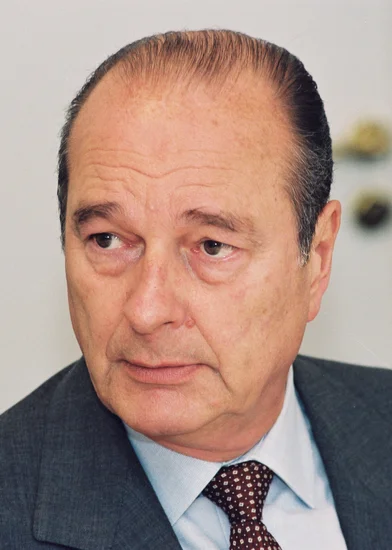
French President Jacques Chirac and UNESCO Director General Koichiro Matsuura signed the Charter of Paris at the World Summit Against Cancer. This agreement established February 4 as World Cancer Day, observed annually worldwide.
The charter committed international organizations to coordinated cancer research and treatment initiatives. World Cancer Day has since become a global platform for raising awareness and advancing cancer prevention efforts.
2020 – Macau Casinos Close Due to COVID-19

The COVID-19 pandemic forced the closure of all casinos in Macau for 15 days, marking an unprecedented shutdown of the world’s largest gambling hub. The closures demonstrated the pandemic’s devastating impact on tourism and entertainment industries.
Macau’s gaming revenues plummeted as international travel restrictions took effect worldwide. The casino closures foreshadowed similar shutdowns across the global entertainment and hospitality sectors.
Business and Economic Events on February 4
1977 – Chicago Transit Authority Train Derailment
A Chicago Transit Authority elevated train rear-ended another train and derailed, killing 11 people and injuring 180 in the agency’s worst accident. The disaster prompted comprehensive safety reviews and infrastructure improvements across the system.
The crash highlighted aging infrastructure and maintenance deficiencies in urban transit systems. The tragedy led to significant investments in safety technology and operator training programs.
1997 – Israeli Military Helicopter Collision
Two Israeli Sikorsky CH-53 troop-transport helicopters collided in mid-air over northern Galilee while en route to Lebanon, killing 73 military personnel. The accident represented one of Israel’s worst military aviation disasters.
The collision occurred during routine troop rotation operations in southern Lebanon. The tragedy prompted extensive safety reviews and changes to military aviation protocols.
2015 – TransAsia Airways Flight 235 Crashes

TransAsia Airways Flight 235 crashed into the Keelung River shortly after takeoff from Taipei, killing 43 of the 58 people aboard. Dramatic dashcam footage captured the aircraft’s final moments as it clipped a bridge before impact.
The crash investigation revealed engine failure and pilot error as contributing factors. The accident led to enhanced pilot training requirements and safety oversight in Taiwan’s aviation industry.
Transportation and Infrastructure on February 4
1967 – All Nippon Airways Flight 60 Crashes

All Nippon Airways Flight 60 plunged into Tokyo Bay shortly after takeoff, killing all 133 people aboard in Japan’s deadliest aviation disaster at the time. The Boeing 727 crashed in clear weather conditions, shocking the aviation industry.
Investigation revealed that the aircraft entered an unrecoverable dive due to control system failure. The tragedy prompted significant improvements in aircraft design and pilot training procedures worldwide.
1974 – Chicago L Train Disaster
A Chicago Transit Authority elevated train rear-ended another train during rush hour, causing a derailment that killed 11 people and injured 180. The collision occurred on the Brown Line near downtown Chicago.
The accident investigation revealed signal system failures and operator error as contributing factors. The disaster led to comprehensive safety upgrades and the implementation of automatic train protection systems.
2015 – Taipei Aviation Disaster

TransAsia Airways Flight 235 crashed into the Keelung River minutes after takeoff from Taipei’s Songshan Airport, killing 43 passengers and crew. The ATR 72 turboprop aircraft lost power in both engines during its climb.
Dramatic footage showed the aircraft banking sharply and clipping a taxi before hitting the water. The crash prompted enhanced safety protocols and pilot training requirements for turboprop aircraft operations.
Sports and Recreation on February 4
1976 – Central American Earthquake Disaster
A massive earthquake struck Guatemala and Honduras, killing over 22,000 people and leaving hundreds of thousands homeless. The disaster demonstrated the region’s vulnerability to natural catastrophes and inadequate emergency preparedness.
International relief efforts mobilized quickly to provide emergency aid and medical assistance. The tragedy prompted significant improvements in building codes and earthquake preparedness throughout Central America.
1997 – Iranian Earthquake Strikes Bojnurd
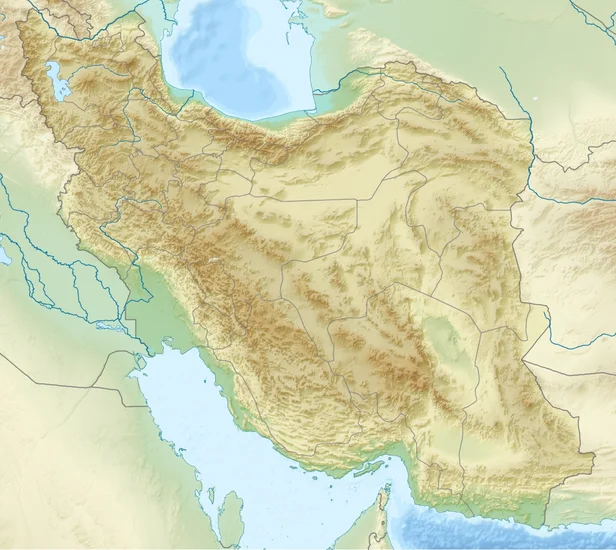
A powerful 6.5 magnitude earthquake devastated the Bojnurd region of northeastern Iran, killing at least 88 people and damaging 173 villages. The disaster highlighted Iran’s position along major seismic fault lines.
Relief organizations struggled to reach remote mountain villages affected by the earthquake. The tragedy prompted improvements in emergency response capabilities and building construction standards.
2025 – Örebro Mass Shooting Tragedy

A gunman killed ten people at an adult education center in Örebro, Sweden, in one of the country’s deadliest mass shootings. The attack shocked the traditionally peaceful Scandinavian nation and prompted national soul-searching about violence.
The shooting occurred during evening classes, targeting students and instructors indiscriminately. The tragedy sparked renewed debates about gun control and mental health services in Sweden.
Notable Births on February 4
1902 – Charles Lindbergh Born
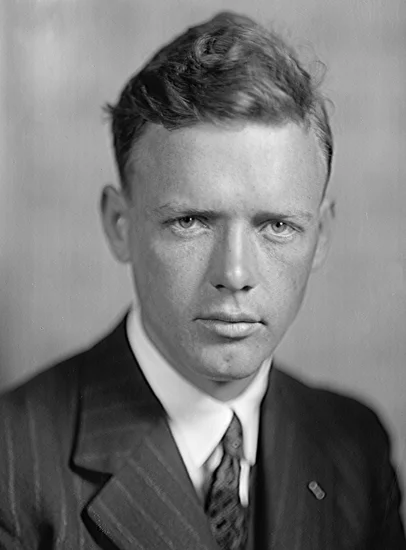
American aviator Charles Lindbergh entered the world in Detroit, Michigan, destined to become aviation’s most famous pioneer. His childhood fascination with mechanical devices and flying machines shaped his future career path.
Lindbergh would achieve immortal fame by completing the first solo nonstop transatlantic flight in 1927. His feat captured global imagination and accelerated the development of commercial aviation worldwide.
1906 – Dietrich Bonhoeffer Born
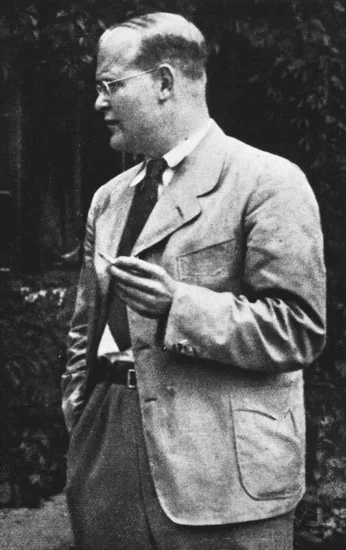
German pastor and theologian Dietrich Bonhoeffer was born in Breslau, Prussia, into a prominent academic family. His early exposure to intellectual discourse and religious scholarship influenced his lifelong commitment to faith and social justice.
Bonhoeffer would become a leading voice in the Confessing Church’s resistance to Nazi ideology. His theological writings and ultimate martyrdom established him as one of Christianity’s most influential modern thinkers.
1908 – Clyde Tombaugh Born

American astronomer Clyde Tombaugh was born on a farm in Streator, Illinois, where he developed an early passion for stargazing and telescope making. His self-taught astronomical skills would lead to one of the 20th century’s greatest discoveries.
Tombaugh discovered Pluto in 1930 while working at Lowell Observatory in Arizona. His meticulous observation techniques and dedication to planetary astronomy revolutionized our understanding of the outer solar system.
1913 – Rosa Parks Born
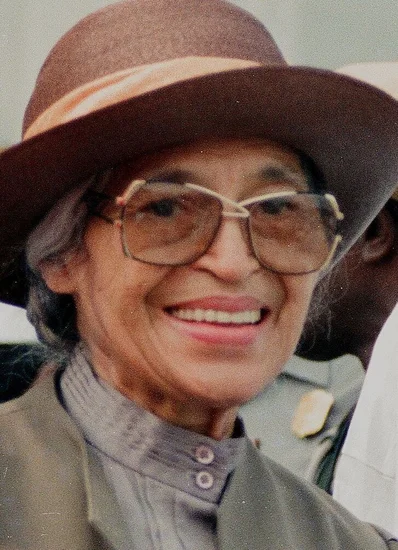
Civil rights activist Rosa Parks was born in Tuskegee, Alabama, during an era of strict racial segregation in the American South. Her early experiences with discrimination shaped her lifelong commitment to equality and justice.
Parks would become the “Mother of the Civil Rights Movement” after her courageous refusal to give up her bus seat in Montgomery. Her act of defiance sparked the Montgomery Bus Boycott and transformed American society.
1948 – Alice Cooper Born

Rock musician Alice Cooper was born Vincent Damon Furnier in Detroit, Michigan, into a family with strong religious roots. His early exposure to church music provided an unexpected foundation for his theatrical rock career.
Cooper would revolutionize rock performance by incorporating elaborate stage shows with horror-themed theatrics. His innovative blend of music and visual spectacle influenced countless musicians and established shock rock as a legitimate genre.
1962 – Clint Black Born

Country music star Clint Black was born in Long Branch, New Jersey, but raised in Texas where he developed his distinctive musical style. His early exposure to traditional country music and singer-songwriter traditions shaped his artistic development.
Black would become one of country music’s most successful artists in the 1990s. His authentic songwriting and traditional country sound helped revitalize the genre during a period of significant commercial change.
Notable Deaths on February 4
1928 – Hendrik Lorentz Dies
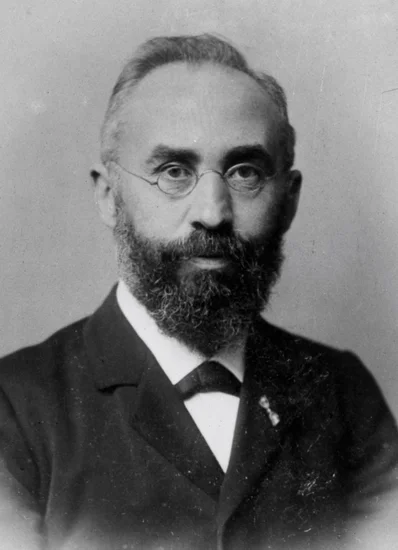
Dutch physicist Hendrik Lorentz passed away in Haarlem, Netherlands, after a distinguished career that revolutionized our understanding of electromagnetic phenomena. His theoretical work laid crucial foundations for modern physics and Einstein’s relativity theory.
Lorentz won the Nobel Prize in Physics in 1902 for his research on electromagnetic radiation. His mathematical formulations, known as Lorentz transformations, became essential tools in relativity theory and quantum mechanics.
1974 – Satyendra Nath Bose Dies
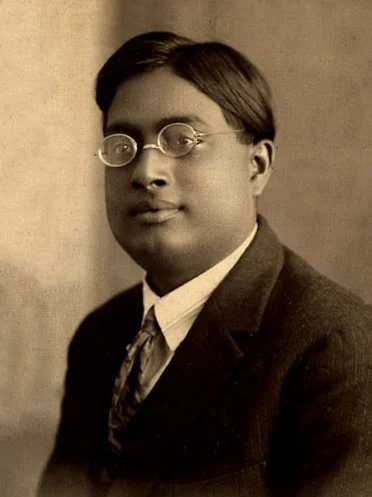
Indian physicist Satyendra Nath Bose died in Calcutta after making fundamental contributions to quantum mechanics and statistical mechanics. His collaboration with Einstein produced groundbreaking work on particle statistics and quantum behavior.
Bose’s research on photon statistics led to the discovery of Bose-Einstein condensation, a quantum phenomenon that bears his name. His work provided crucial insights into the wave-particle duality of light and matter.
1987 – Liberace Dies

Flamboyant entertainer Liberace died in Palm Springs, California, ending a career that redefined popular entertainment and piano performance. His elaborate costumes and theatrical presentations brought classical music to mainstream audiences worldwide.
Liberace’s television shows and live performances attracted millions of fans across multiple generations. His unique blend of musical talent and showmanship influenced countless performers and established new standards for entertainment spectacle.
1987 – Karen Carpenter Dies

Singer Karen Carpenter died in Downey, California, at age 32, shocking the music world and her millions of fans. Her distinctive contralto voice and the Carpenters’ melodic pop songs had defined easy listening music throughout the 1970s.
Carpenter’s death from complications related to anorexia nervosa brought widespread attention to eating disorders. Her tragic passing highlighted the pressures faced by performers and contributed to increased awareness of mental health issues in the entertainment industry.
2006 – Betty Friedan Dies
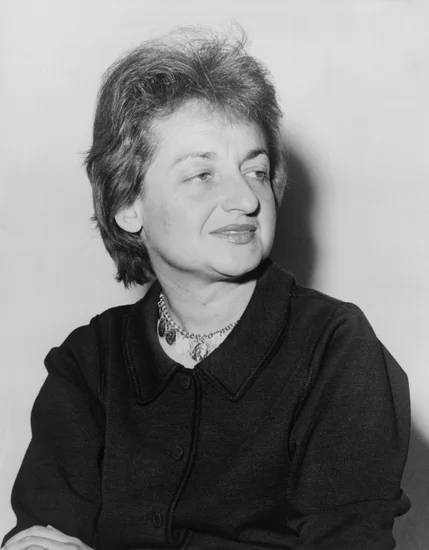
Feminist author Betty Friedan died in Washington, D.C., on her 85th birthday, ending a life dedicated to advancing women’s rights and equality. Her groundbreaking book “The Feminine Mystique” challenged traditional gender roles and sparked the modern women’s movement.
Friedan co-founded the National Organization for Women (NOW) and remained a leading voice for gender equality throughout her life. Her writings and activism fundamentally changed how society views women’s roles and opportunities.
2012 – Florence Green Dies
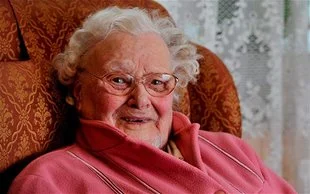
Florence Green, the last surviving veteran of World War I, died in London at age 110, marking the end of an era. Her death closed the final chapter on direct witness accounts of “The Great War” and its devastating impact on a generation.
Green had served in the Royal Air Force during the war’s final months as a waitress in officers’ mess halls. Her longevity allowed her to witness nearly a century of historical change from the industrial age to the digital era.
Holidays and Observances on February 4
World Cancer Day

World Cancer Day is observed globally on February 4, raising awareness about cancer prevention, detection, and treatment. The day commemorates the signing of the Charter of Paris Against Cancer in 2000 by world leaders committed to fighting the disease.
The observance encourages individuals and organizations to take action against cancer through education and advocacy. World Cancer Day has become a powerful platform for promoting cancer research funding and improving patient care worldwide.
Independence Day in Sri Lanka
Sri Lanka celebrates its Independence Day on February 4, commemorating the nation’s freedom from British colonial rule in 1948. The day features military parades, cultural performances, and patriotic ceremonies throughout the island nation.
The celebration honors the peaceful transition to independence and the country’s rich cultural heritage. Independence Day serves as a reminder of Sri Lanka’s journey from colonial dependency to sovereign nationhood.
Rosa Parks Day
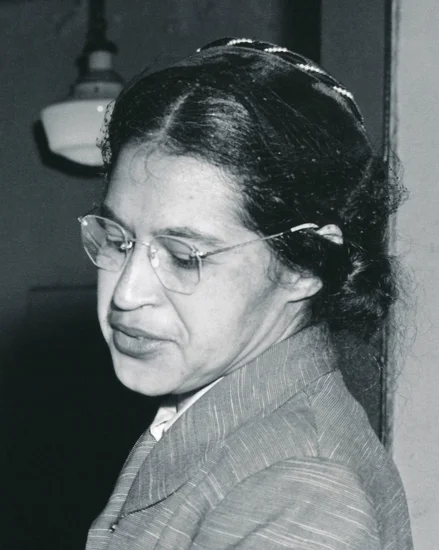
California and Missouri observe Rosa Parks Day on February 4, honoring the civil rights activist’s birth and her contributions to the American civil rights movement. The day encourages reflection on the ongoing struggle for racial equality and social justice.
Educational institutions and community organizations use the day to teach about Parks’ courage and the broader civil rights movement. Rosa Parks Day serves as a reminder of how individual acts of courage can transform society.
International Day of Human Fraternity

The International Day of Human Fraternity promotes understanding and cooperation among people of different faiths and cultures. The observance encourages dialogue and mutual respect as foundations for peaceful coexistence.
The day emphasizes shared human values and the importance of building bridges across religious and cultural divides. International Day of Human Fraternity supports efforts to combat discrimination and promote tolerance worldwide.
